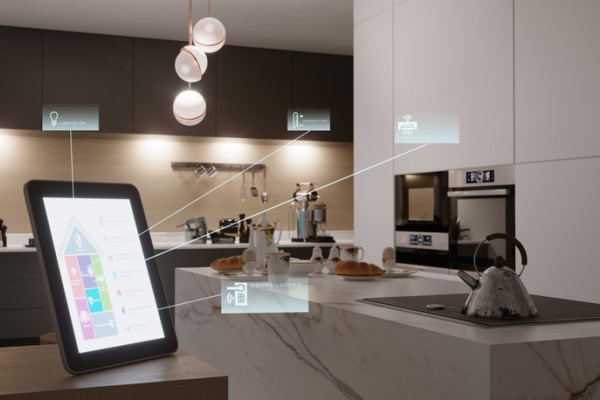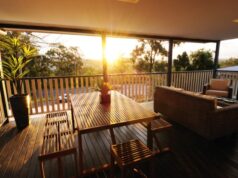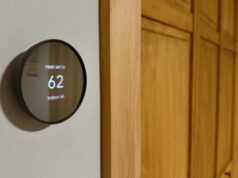
Home automation is all about control—of lighting, heating, cooling, security, entertainment and more. At its core, it means using technology to make your home smarter, more efficient and easier to manage, whether you’re relaxing on the couch or away on holiday.
With more Australian homes embracing automation as part of new builds and renovations, understanding what’s possible can help you future-proof your home from the start.
How does home automation work?
Home automation connects different systems in your house—like lights, blinds, air conditioning and entertainment—so they can be controlled remotely or automatically.
This can be done via:
- Smartphones and tablets
- Voice assistants (e.g. Google Assistant, Alexa or Siri)
- Touchscreen control panels
- Automated schedules and sensors
You can automate routines like turning on lights at sunset, closing blinds when the room gets too hot or lowering the volume when someone rings the doorbell. It’s about simplifying day-to-day life while improving comfort, safety and energy efficiency.
What can be automated?
Almost any electrical system in your home can be automated. Popular options include:
Lighting
Control brightness, colour and timing with a tap or voice command. Pair with LED lighting for energy efficiency and dimmable ambience.
Heating and cooling
Smart climate control lets you manage temperature based on time of day or occupancy. Ideal for homes with reverse-cycle air conditioning or multi-zone systems.
Security
Automated locks, sensors, security cameras and alarms provide peace of mind—whether you’re at home or away.
Blinds and curtains
Automate window coverings to open with the sun and close for privacy. Pairing this with proper window treatments helps regulate temperature naturally.
Entertainment
Control your home theatre setup, speakers or media streaming services from a single interface.
Energy use
Track your energy consumption in real time and integrate with solar power systems for maximum efficiency.
Wired vs wireless systems
There are two main types of home automation systems:
- Wired systems are integrated into the structure of the house. They’re reliable and great for new builds, especially when you’re already running electrical wiring.
- Wireless systems use WiFi or Bluetooth to connect devices. These are easier to retrofit in existing homes and more flexible if you plan to expand later.
Most systems now use a hybrid approach—wired for core functions like lighting and HVAC, wireless for add-ons like speakers or sensors.
Benefits of home automation
- Convenience: Control everything from one device
- Energy efficiency: Reduce waste with timed and sensor-based systems
- Comfort: Set the perfect mood, temperature and lighting with a tap
- Security: Get alerts, lock doors and check cameras remotely
- Future-proofing: Add value and make your home smarter over time
Things to consider before installing
- Compatibility: Ensure all devices work with your preferred ecosystem (e.g. Apple HomeKit, Google Home, Amazon Alexa)
- Scalability: Choose systems that can grow with your needs
- Professional installation: For larger systems, it’s worth consulting a licensed installer—especially for wiring or security features
- Internet reliability: A strong, stable home network is essential for automation to work smoothly
Smart homes aren’t just a tech trend—they’re a practical way to improve how your home functions day to day. Whether you’re renovating or starting from scratch, planning for automation early can save time, money and headaches later.
To explore how automation fits with energy-saving systems, check out our guides on solar panels, reverse-cycle air conditioning and LED lighting.





